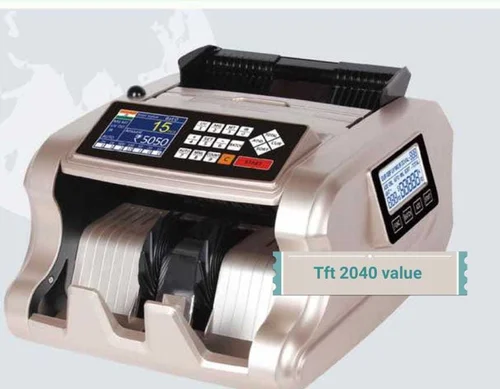Would you trust anyone to babysit your مكن عد و فرز or care for your dog while you are away, without checking their credentials? Most certainly not, right? At least that’s how we hope you would respond.
Similarly, in the digital world, you should think twice before you send money to or through someone, who is a complete stranger, or give your account details to someone who’s asking for it over email. Because once the money leaves your account, there is no way, you one can reverse the transaction. It is nearly impossible to identify the threatens or track him down. Leading money transfer providers like us, explicitly advise not to send money to strangers. So what are some of the common scams to watch out for and what precautions should you take to avoid them?
Sometimes scams are initiated with an email or a phone call, or even an advertisement in the newspaper, offering commission for work with minimal risk. All that is required from the prospect is a laptop, an internet connection and a few hours every week. It might be pitched like an opportunity to work from home or flexible working.
You will be asked to either deposit money to receive initial working kit or receive a hefty payment into your bank account, then redistribute the money overseas (laundering). Whilst the fraudsters may convince you that money is being used for legitimate purposes such as trading shares abroad, or helping a charity distribute funds – you need to be vigilant. Or you could find yourself unwittingly funding criminals or converting someone’s black money into legitimate funds. Further, once you are lured into this by commission, scammers may also try to access your bank account, using the details you have given them.
This scam usually happens during the holiday season. Consumers receive special promotion or gift card emails that look like it comes directly from an authorised retailer. Unfortunately, the links to the special promotion lead to a replica of the real website. The fake site swarms with malware, virus and phishing worms of all kinds that invade your gadgets to retrieve your financial credentials.
Look out for a small security lock icon at the bottom of your browser or next to the HTTPS in the browser bar when accessing any profiles, user accounts or online forms that ask you for financial information.
There are many fake companies online that sell drugs without legitimate prescriptions, or weight loss products. If an offer seems too cheap/good to be true, it will most definitely be a fraud. So no matter what the seller says, never share your credit card details for payment. Don’t take chances on your health and wealth by sending money to a stranger without proper validation and research.
Be vigilant, check reviews and avoid payments by any means. In fact COD might be better than giving your credit card details on their website.
Criminals often attempt to hide behind the names of reputable companies such as eBay Motors and other well known brands by having replica websites, with just a slight change in the domain name. If you really want to initiate purchase of a vehicle, find out if both the seller and car ownership details are actually legitimate.
